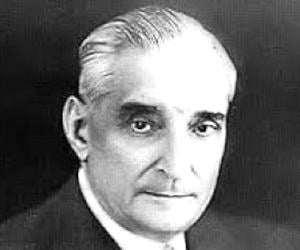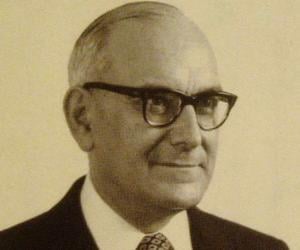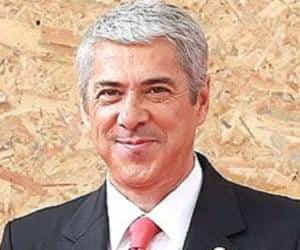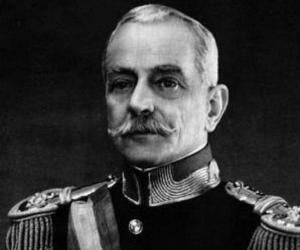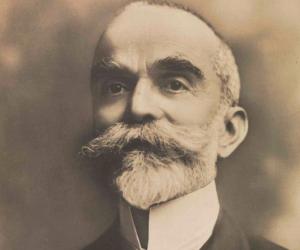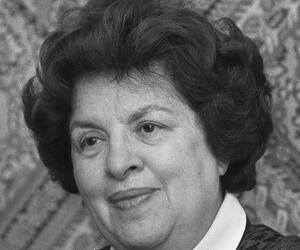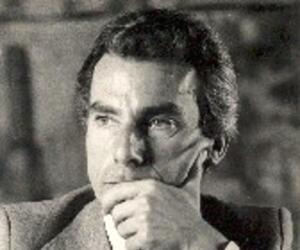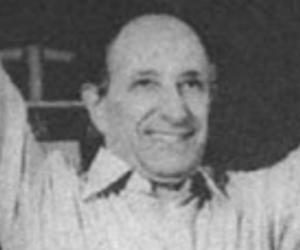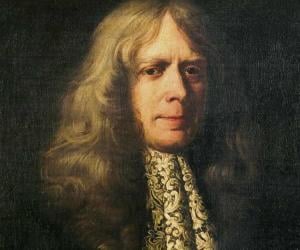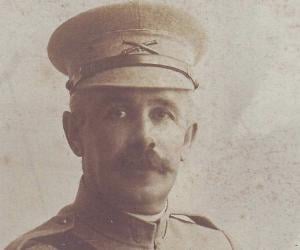1
António Costa
(119th Prime Minister of Portugal )
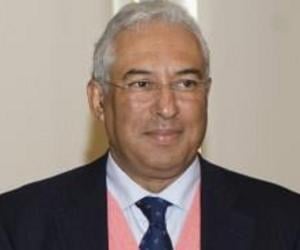
17
3
Birthdate: July 17, 1961
Sun Sign: Cancer
Birthplace: Lisbon, Portugal
António Luís Santos da Costa is a Portuguese lawyer and politician who served as the 118th prime minister of Portugal from 2015 to 2024. He also held various ministerial positions including Secretary of State for Parliamentary Affairs, Minister of Justice, and Minister of Internal Administration. Costa was the Mayor of Lisbon from 2007 to 2015 and served as the Secretary-General of the Socialist Party from 2014 to early 2024. He resigned in 2023 due to corruption allegations but continued as Prime Minister until a snap election in 2024.
